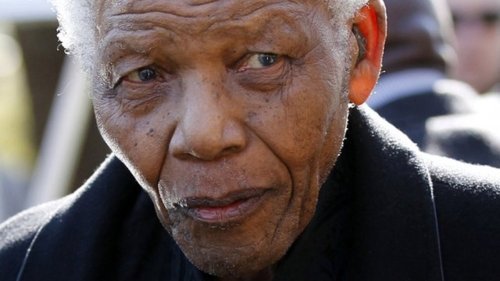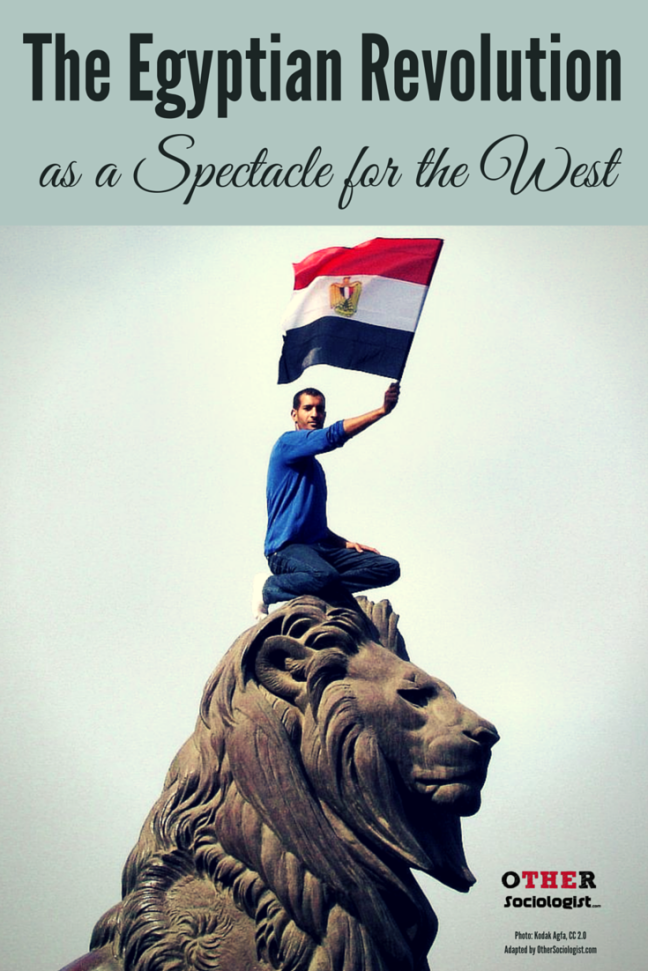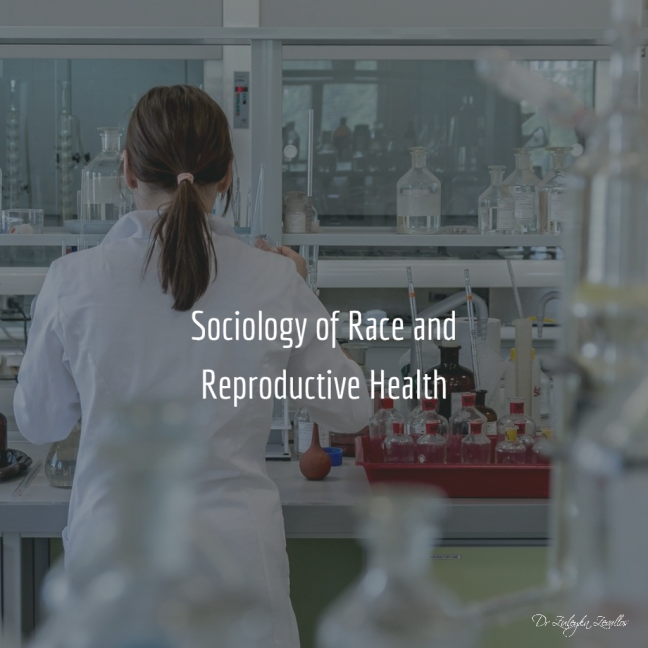By Zuleyka Zevallos, PhD
In honour of Nelson Mandela’s life, I thought it would be useful to take a critical look at the sociology of Mandela’s leadership. As the world mourns the death and humanity of Mandela, let’s also reflect on the social bases of Mandela’s courage and strength. This is as an opportunity to better understand how Mandela’s social experiences inspired his search for social justice.
In their excellent study, Davide Morsellia and Stefano Passini draw on social psychology and sociology in order to compare the social and political influences on three world leaders of civil rights movements in three different societies: Nelson Mandela in South Africa, Mahatma Gandhi in India and Martin Luther King Jr in America. The researchers argue that these three world leaders engaged in “prosocial moral disobedience” – that is, they actively went against authority despite the personal persecution that followed. They did so not simply due to personal qualities, but as a direct result of their socialisation. Mandela will always be remembered as an extraordinary individual, as will Gandhi and MLK. This post will show that this is not the way these leaders understood their lives and activism. My post will explore how Mandela’s moral development and personal attitudes were affected by social context. Continue reading Nelson Mandela’s ProSocial Moral Disobedience







